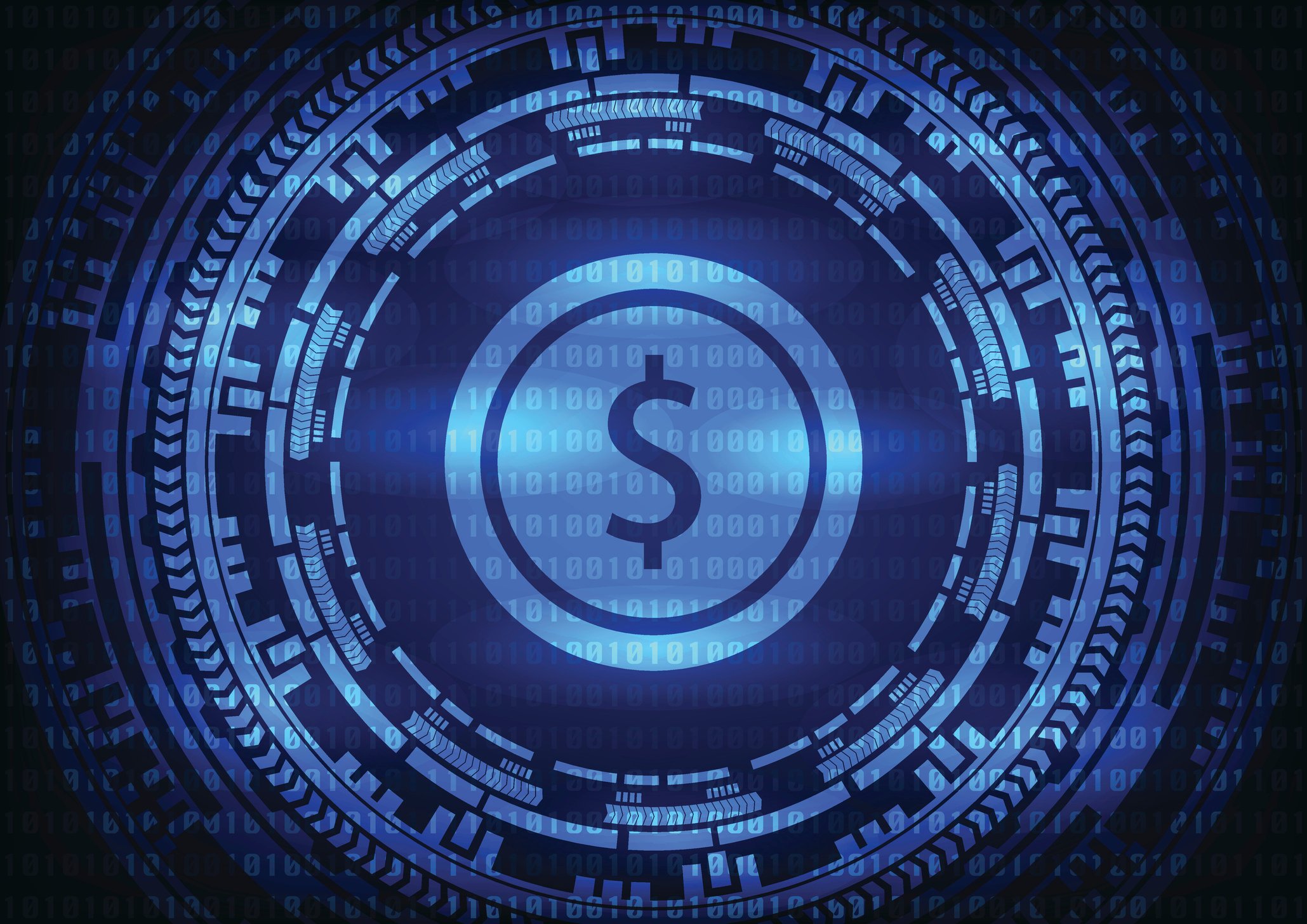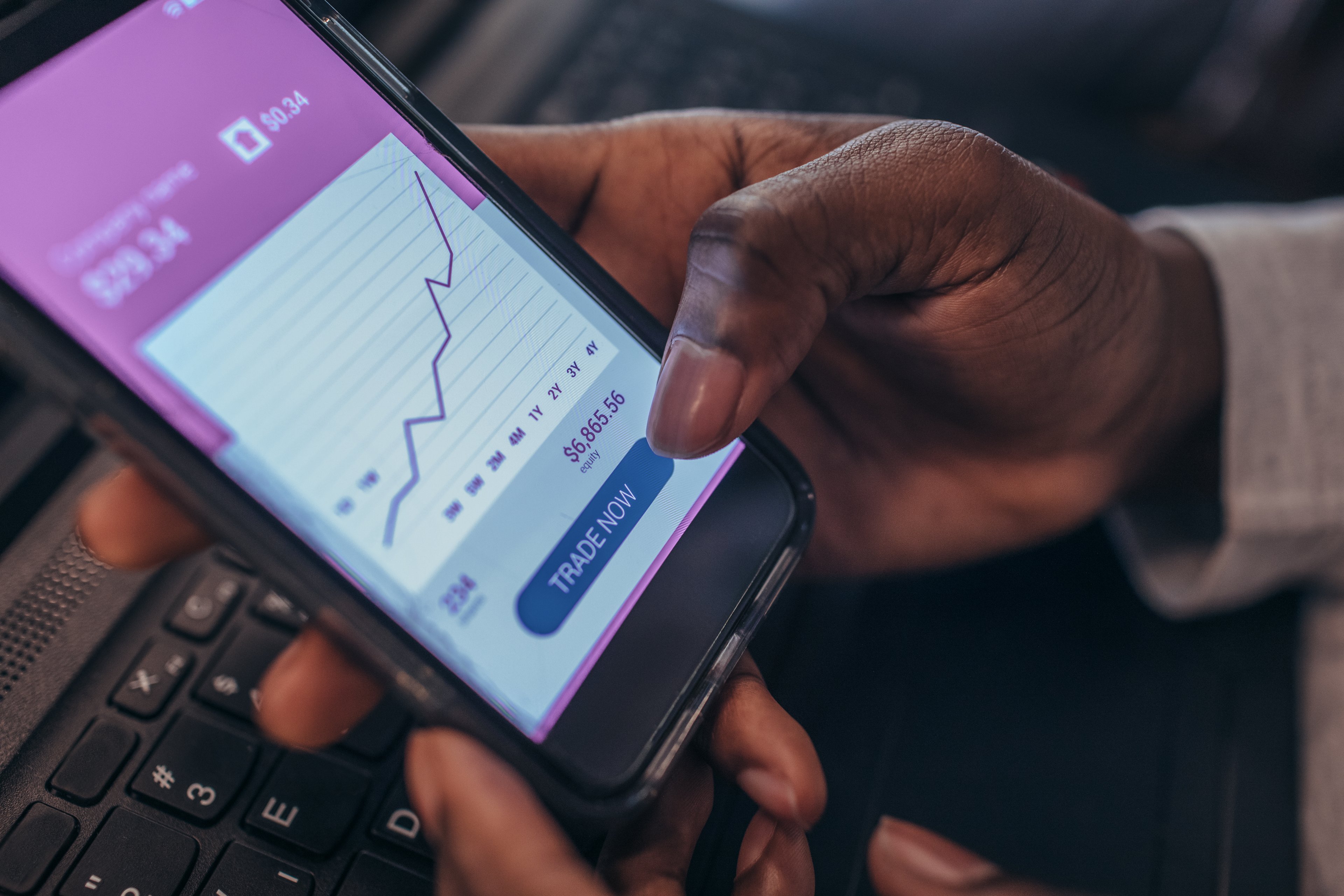One of the much-vaunted uses of blockchain technology is the way it can store ownership records for real-world assets in a secure and transparent manner. That's come to the fore in recent months as cryptocurrency platforms return to the idea of tokenized share offerings.
Robinhood (HOOD 1.74%) recently launched tokenized U.S. stocks and exchange-traded funds (ETFs) for some of its European customers, and other platforms have made similar moves. If the concept takes off, it could prove transformative for all kinds of investors, not just crypto.
Below, I'll dive into the tokenized asset moves that platforms are making, when tokenized stocks might come to the U.S., and what it might mean for investors.

Image source: Getty Images.
How tokenized shares work
There are different forms of share tokenization, but essentially, it's a way to connect an entry on the blockchain to a real-world asset. For example, a tokenized Apple share should act like a real Apple share and track its value. It's similar to the way that a U.S. dollar-pegged stablecoin represents an actual dollar and -- in theory -- should be worth a dollar.
All kinds of assets can be tokenized, as Robinhood demonstrated in its tokenized-share launch. It went beyond public companies with a promise to give away tokenized stock tokens for two high-profile private companies, OpenAI and SpaceX.
It was a controversial move, particularly as OpenAI said it hadn't been involved and warned investors to "be careful." Robinhood used its stake in a special purpose vehicle (SPV), which owns OpenAI shares, to issue the tokens.
Nonetheless, it illustrates one of the appeals of tokenized assets -- they might give retail investors a way to gain exposure to private equities. As increasing numbers of companies stay private for longer, that could be an exciting opportunity. However, the regulatory path is unclear, at best, and it's important to understand the risks of owning tokens that represent real assets.
Other advantages of tokenized stocks include fractional ownership, trading at any time of the day or night, and easy access to global equities. Plus, unlike assets in a brokerage account, you can move them from one wallet to another.
Coming soon to a crypto platform near you
Robinhood isn't the only brokerage or exchange that's dipping its toes into tokenized assets. Several platforms are offering tokenized shares in Europe. Securities and Exchange Commission (SEC) Chair Paul Atkins said the regulator is considering whether an "innovation exception" might be appropriate for U.S. tokenization.
According to Reuters, in June, tokenization platform Dinari became the first company to get SEC approval for U.S. blockchain equity trading. Dinari says it's working with regulators and plans to go live with a product for American investors in the coming months.
Here's a summary of where key crypto players are:
- Coinbase (COIN 2.27%): Coinbase is seeking SEC approval for a tokenized stock offering in the United States. Its Chief Legal Officer Paul Grewal posted on LinkedIn that, "Tokenization is the future."
- Kraken: The exchange rolled out its tokenized U.S. stocks and ETF offering in Europe this summer with 60 tokenized assets. It's using Backed's xStocks platform, built on the Solana (SOL +0.37%) blockchain.
- Gemini: Launched tokenized U.S. stocks for E.U. clients at the end of June in partnership with Dinari. Since then, it's added new stocks each week and now has around 40 tokenized U.S. equities.
Binance was somewhat of a trailblazer for tokenized stocks in 2021, but it had to withdraw its tokenized products back then following pressure from regulators. It hasn't made any announcements about reentering the fray.
Pushing the boundaries of crypto
The growth of tokenized assets goes beyond crypto. If platforms can solve the myriad regulatory issues involved, the growth of these share tokens could change the way equities and commodities are bought and sold. That might, for example, mean being able to trade tokenized equities the way we can trade crypto today, without the time or geographical restrictions that exist with brokerages.
For crypto investors, this could represent a huge real-world use case for blockchain technology, which may translate into higher transaction volumes, as well as significant assets on the blockchain. McKinsey estimates that the market cap of tokenized assets could reach $2 trillion by 2030.
That said, it's in its early days, and tokenization opens a whole regulatory can of worms. For starters, being able to buy tokenized versions of assets is not the same as owning the assets themselves. Private companies don't follow the same reporting rules as public ones, making it harder to research the fundamentals.
As SEC Commissioner Hester Peirce (affectionately known as "crypto mom") pointed out in a statement, "Tokenized securities are still securities." Being on the blockchain doesn't allow companies to circumvent the law.
Investment approaches to tokenized assets
There's a good chance that tokenized assets will launch in the U.S. in the near future. One way investors can ride this trend is to pay attention to the blockchains that tokenized asset issuers are using. For example, Kraken's offering is being built on Solana, and that's already boosted the total locked value on its ecosystem.

CRYPTO: SOL
Key Data Points
More widely, it's important to understand the difference between asset-backed tokens and synthetic tokens. If a company issues asset-backed tokens, it needs to hold actual shares, and you may be entitled to dividend payments and voting rights. That isn't the case for synthetic tokens.
Research the platform you're buying from, including what regulatory licenses they have and what security protocols are in place. If tokenization takes off, don't assume that an Apple stock by another name will taste exactly the same.






